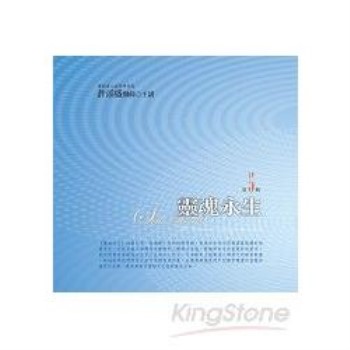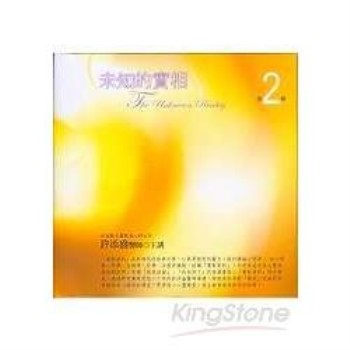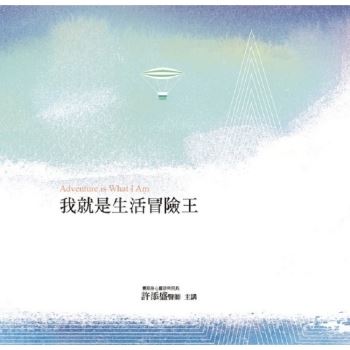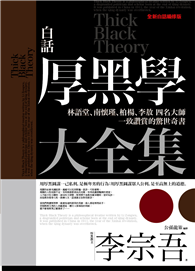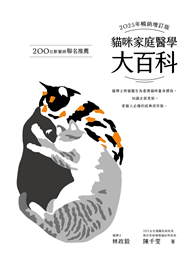Dr. Anshu Singla is PhD in Computer Science and Engineering with 17 years of experience in research, training, and academics. Currently, she is working as a Professor with Chitkara University, Punjab, India. Her areas of expertise are Machine Learning, Soft Computing, Pattern Recognition, Image Processing, and Artificial Intelligence. She has published 45 publications which includes 13 SCI publications. She has been granted one patent and filed 13 patents in the relevant field. She has guided 4 ME research scholars and 4 PhD scholars. Currently, she is supervising 5 PhD Scholars in the areas of Emotion recognition, Color-blindness, Object Detection, Crop yield prediction, and Satellite imaging.
Dr. Sarvesh Tanwar is an Associate Professor at Amity Institute of Information Technology (AIIT), Amity University, Noida. She is head of AUN Blockchain & Data Security Research Lab. She has Completed her M.Tech (CSE) degree from MMU, Mullana and Ph.D in (CSE) from Mody University, Laxmangarh (Raj.). She has more than 15 years of teaching and research experience. Her area of research includes Public Key Infrastructure (PKI), Cryptography, Blockchain and Cyber Security. She has published more than 80 research papers in International Journals and Conferences. She is currently guiding six PhD scholars and has guided 5 M.Tech Research scholars. She has filed 19 patents and 2 copyrights in the relevant field. She is Senior member IEEE, Life - Member, Cryptology Research Society of India (CRSI), Indian Institute of Statistics, Kolkata, India and member of International Association of Computer Science and Information Technology (IACSIT), Singapore. She is reviewer of Journal of Cases on Information Technology (JCIT), IEEE Access, MDPI, Asian Research Journal of Mathematics and Indersciene, Member of editorial reviewer board of IJISP, IGI Global, USA. She is Member of Editorial Board in International Journal of Research in Science and Technology (IJRSTO), Ghaziabad, UP, Advances in Science, Technology and Engineering Systems Journal (ASTES), US and IAENG.
Awards
Awarded Teacher’s Excellence Award for Most Committed, Most Emerging Leader and Most Collaborative, April 2019. (Chitkara University, Punjab)
Pao-Ann Hsiung received the B.S. degree in Mathematics and the Ph.D. degree in Electrical Engineering from the National Taiwan University, Taipei, Taiwan, ROC, in 1991 and 1996, respectively. From 1993 to 1996, he was a Teaching Assistant and System Administrator in the Department of Mathematics, National Taiwan University. From 1996 to 2000, he was a post-doctoral researcher at the Institute of Information Science, Academia Sinica, Taipei, Taiwan, ROC. From February 2001 to July 2002, he was an assistant professor and from August 2002 to July 2007 he was an associate professor in the Department of Computer Science and Information Engineering, National Chung Cheng University, Chiayi, Taiwan, ROC. Since August 2007, he is a full professor. He was the Division Chief of Information Management at the Computer Center from May 2008 to July 2011. He was the department chair from August 2011 to January 2016. Then, he held the post of the Dean of International Affairs starting from February 2016 until now. Dr. Hsiung has published more than 260 papers in top international journals and conferences. He was the recipient of the 2001 ACM Taipei Chapter Kuo-Ting Li Young Researcher for his significant contributions to design automation of electronic systems. This award is given annually to only one person under the age of 36, conducting research in Taiwan. Dr. Hsiung was also a recipient of the 2004 Young Scholar Research Award given by National Chung Cheng University to five young faculty members per year. He was awarded the 2010 Outstanding Research Award by National Chung Cheng University (only 3 faculty members were awarded in 2010). Nine of the Master Theses that he supervised were awarded the Best Master Thesis in Computer Science by the Institute of Information and Computing Machinery, 2002. He was also the supervisor of several contest awards, including two best paper awards. Dr. Hsiung is an IET Fellow, a senior member of the IEEE, the IEEE Computer Society, a senior member of the ACM, and a life member of the IICM. He has been included in several professional listings such as Marquis’ Who’s Who in the World (starting from the 17th Millenium Edition, 2000), Marquis’ Who’s Who in Asia (starting from the 1st Edition, 2007), Outstanding People of the 20th Century (2nd Edition, 2000), 2000 Outstanding People of the 21st Century (1st edition, 2008), by International Biographical Centre, Cambridge, England, Rifacimento International’s Admirable Asian Achievers (2006), Afro/Asian Who’s Who, Vol. I (2007), and Asia/Pacific Who’s Who, Vol. VII, (2007), Who’s Who in Formal Methods, ACM SIGDA’s design automation professionals. Dr. Hsiung is an editorial board member of the International Journal of Embedded Systems (IJES), Inderscience Publishers, USA, the International Journal of Multimedia and Ubiquitous Engineering (IJMUE), Science and Engineering Research Center (SERSC), USA, an associate editor of the Journal of Software Engineering (JSE), Academic Journals, Inc., USA, an editorial board member of the Open Software Engineering Journal (OSE), Bentham Science Publishers, Ltd., USA, an international editorial board member of the International Journal of Patterns (IJOP), and has guest edited two special issues in 2005 and 2006 for IJES. Dr. Hsiung has been on the program committee of 195 international conferences. He served as session organizer and chair for PDPTA’99, as workshop organizer and program (co-)chair for RTC’99, DSVV’2000, PDES’2005, ATVA’2011, ERSA’2011, HMC’2013, COMPSAC’2015, and ICS’2016. He has been the track chair for several conferences. He has been taking an active part in paper refereeing for international journals and conferences. His main research interests include smart grid, smart traffic, driver fatigue prediction, landslide prediction, cyber-physical system design, reconfigurable computing and system design, System-on-Chip (SoC) design and verification, embedded software synthesis and verification, real-time system design and verification, hardware-software codesign and coverification, and component-based object-oriented application frameworks for real-time embedded systems.

